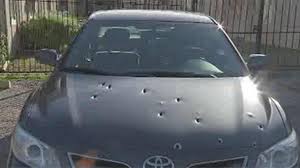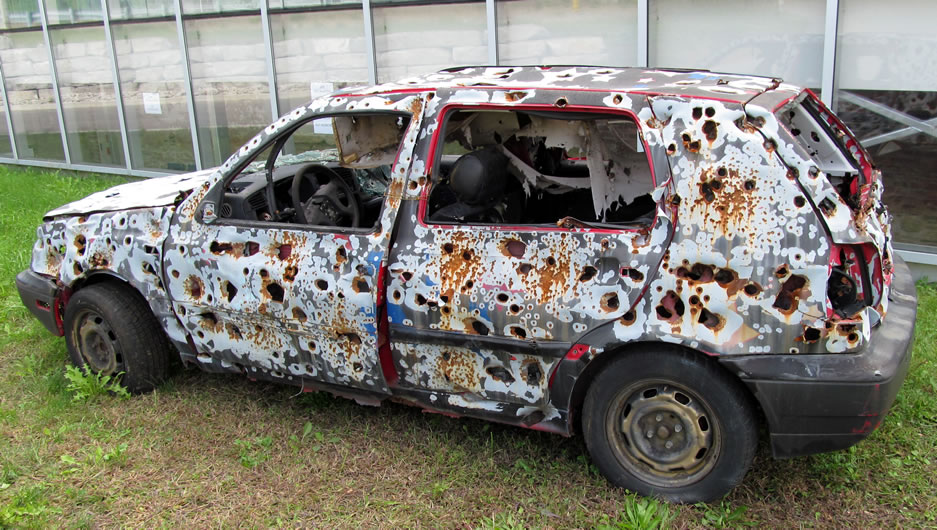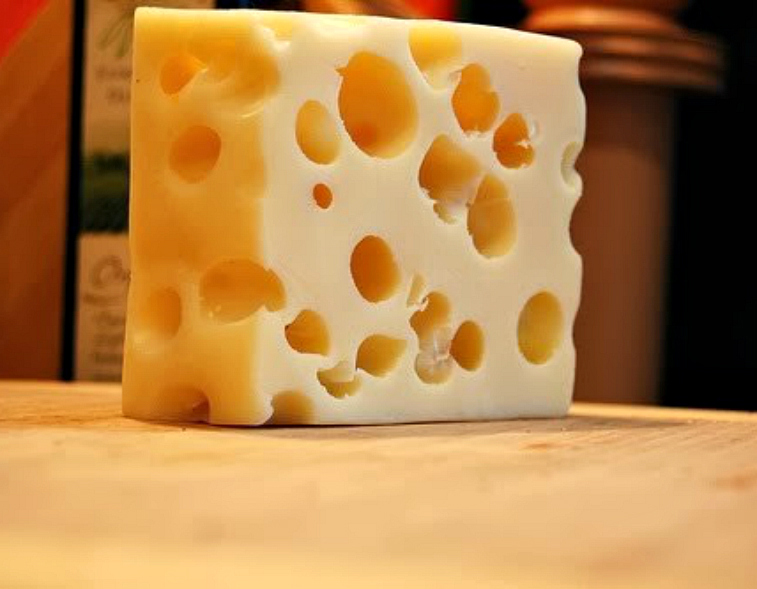Please imagine you in a gunfire a car / someone's body gets riddled with bullets as the linked pictures. As you will notice at first glance, you will see a big difference between the amount of the hit bullets to the target [a car or even a human body.]
Who would a native speaker differentiate these two from one another in English:
What I can say here would be something like:
They've riddled the car.
Or
The car got riddled.
Which can be used only for the first picture. But what about the second one which has gotten much more riddled?



